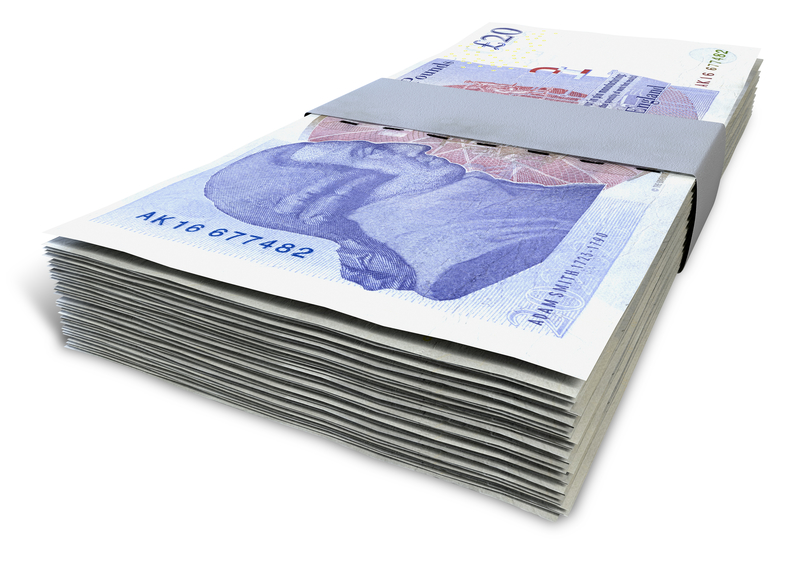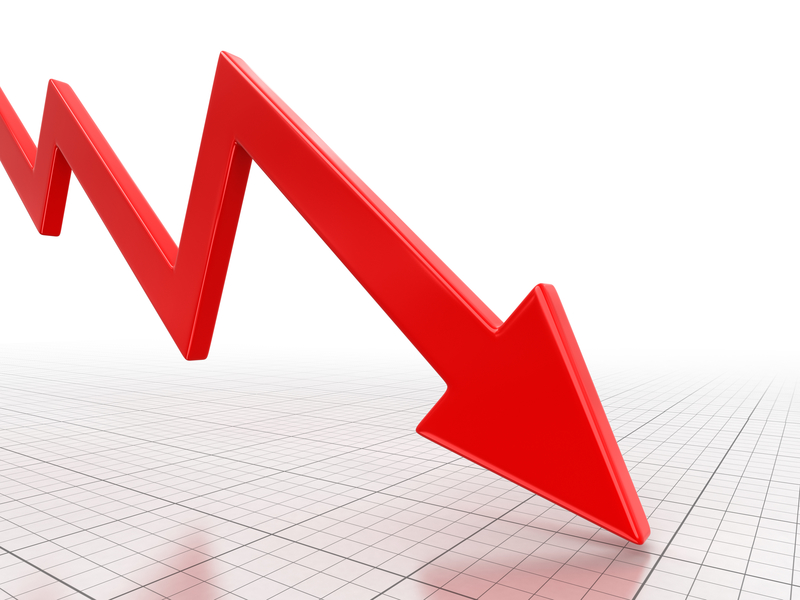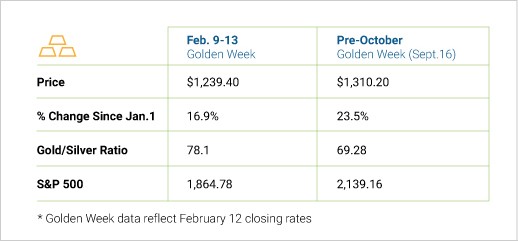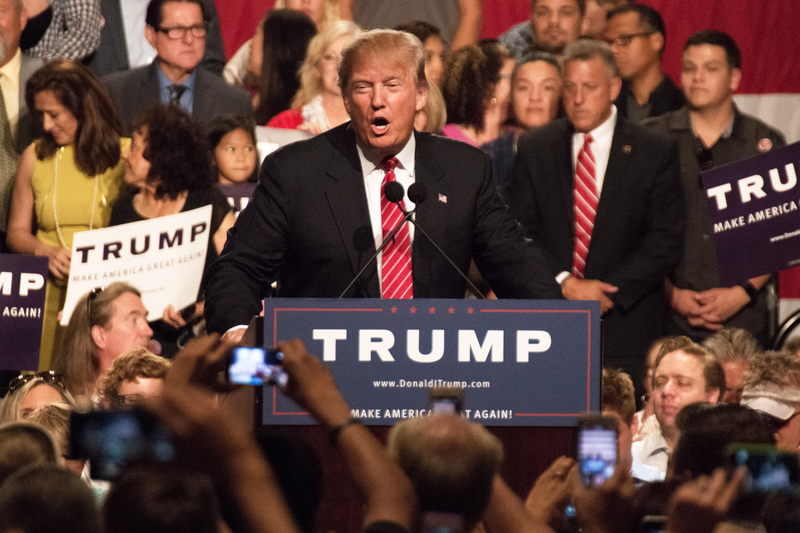- easyMarkets trading platform offers more choice than ever before
- Market-leading dealCancellation tool allows people to recoup losses within an hour of making a trade
- Democratisation of trading allows individuals to keep pace with the rapidly changing world
The arrival of a New Year is always a good time to try out a new venture, focus on self-improvement and assess one’s personal finances. From losing weight to finally taking home improvements that have been needed for a while, New Year – and the traditional resolutions that accompany it – is a symbol of fresh starts.
For 2017, pioneering forex and CFD broker easyMarkets has come up with a simple way for individuals to take on a new venture at the same time as tackling their personal finances in a different way. Evdokia Pitsillidou, easyMarkets’ Director of Risk Management, explains,
“For 2017, we’ve made it easier than ever for individuals to learn to trade from the comfort of their armchairs. Our goal has always been to democratise trading and for 2017 we’re offering a host of incentives and great features that open up trading to all those who fancy trying their hand at it.”
The 2017 easyMarkets platform is offering traders a 30-50% bonus on their first deposit (up to $2,000), the ability to trade on multiple devices (laptop, PC, tablet and smartphone) and more products to trade than ever before. Those trading on easyMarkets have a choice of 115 currency pairs, 21 metals pairs, 12 commodities, 14 indices and 27 options pairs. Day trading, forward deals, pending orders and options are all available through the site.
As such an array of possibilities may seem bewildering to budding traders, the easyMarkets team has provided an extensive knowledge centre as part of its site. Educational videos, weekly hot topics features and comprehensive eBooks all mean that those who are new to trading can start 2017 armed with the knowledge they need to starting playing the markets. Trading tool such as trading charts, live currency rates and a trade simulator all make it even easier.
The UK’s political and economic environment in 2017 looks possibly volatile, as the ongoing Brexit process continues to have an impact on the country. The triggering of Article 50 will no doubt send ripples through the markets and many traders may be poised to take advantage of that fact. Now, those seeking a new approach to their personal finances in 2017 may also look to benefit from the tumultuous situation.
Even the most cautious traders have been considered as part of the easyMarkets offering, with late 2016 seeing the launch of the market-leading dealCancellation tool. With dealCancellation, traders have 60 minutes to cancel a losing trade – so if things don’t pan out as expected immediately after their trade, they have the option to turn back time and have any losses returned.
The world is changing fast. 2017 is the year for those who want to get ahead to adapt and change with it.
For further details, visit www.easymarkets.com, email pr@easymarkets.com or call +44 203 1500 748.
Risk warning: Forward Rate Agreements, Options and CFDs (OTC Trading) are leveraged products that carry a substantial risk of loss up to your invested capital and may not be suitable for everyone. Please ensure that you understand fully the risks involved and do not invest money you cannot afford to lose. Our group of companies through its subsidiaries is licensed by the Cyprus Securities & Exchange Commission (Easy Forex Trading Ltd- CySEC, License Number 079/07), which has been passported in the European Union through the MiFID Directive and in Australia by ASIC (Easy Markets Pty Ltd -AFS license No. 246566).










